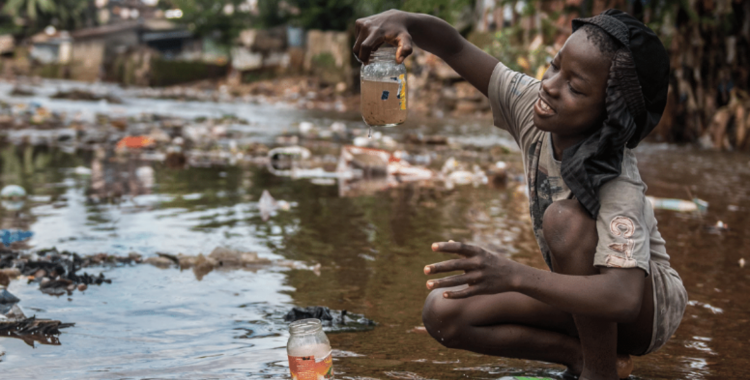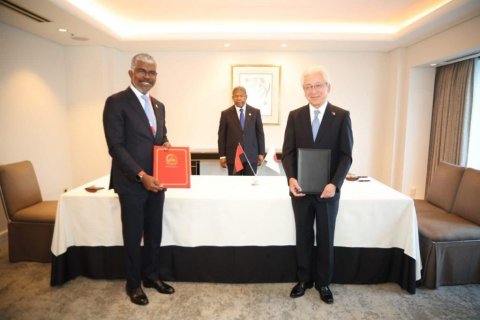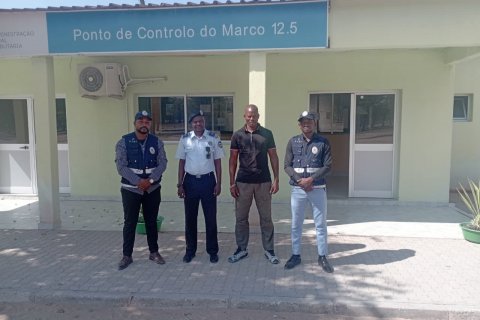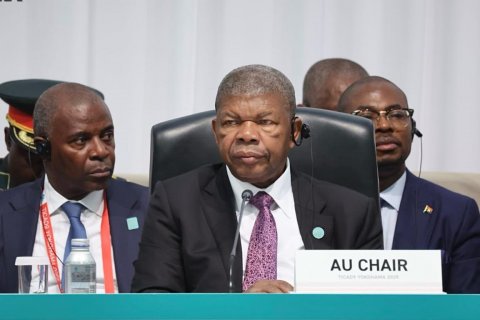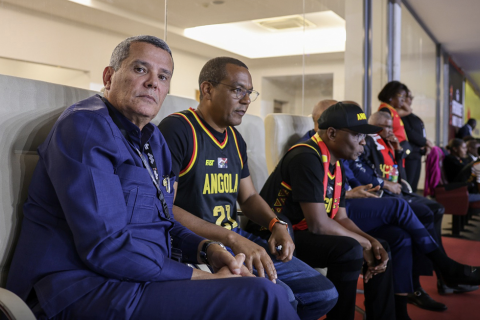“Right now we are around 10 percent [fatality rate], which is very high,” said WHO Emergency Officer in Angola, Walter Firmino, on Monday, adding that most of the deaths are “community-acquired” which means that the population "is not seeking health services in a timely manner”.
In statements to Lusa, the official insisted that the fatality rate is high, highlighting, at the same time, the Government's response, through the Ministry of Health, since the first case identified in the Paraíso neighborhood, municipality of Cacuaco, in Luanda. .
As soon as the first case was identified, authorities mobilized rapid response teams that went into the field to search for cases in communities and health units and also created cholera treatment centers at the Municipal Hospital and the General Hospital of Cacuaco, he said.
Luanda, Bengo and Icolo e Bengo are the three provinces that have reported positive cases of cholera, and the authorities have already activated the epidemiological surveillance plan in all provinces of the country, aiming to curb the spread of the disease.
According to Walter Firmino, cholera outbreaks are predictable in areas with poor sanitation and water shortages, such as the Paraíso neighborhood, the epicenter of cholera in Angola, noting that the rains also contributed to worsening the situation.
He considered that the rains that have hit the province of Luanda in recent months “also helped in the emergence of cases in this location in [the neighborhood] Paraíso, in Cacuaco, but it is a disease based on poor basic sanitation”.
“At this moment we are working on activities to control the disease so that it does not spread further to other provinces and then to advocate for direct action in the provision of water and cleaning and basic sanitation,” he said.
For the WHO, the response to cholera in Angola does not depend solely on actions by the Ministry of Health, but also on the intervention of the Ministries of Energy and Water and Environment, with water supply for communities.
Walter Firmino noted, on the other hand, that raising awareness among the population about water treatment, not defecating in the open air, washing hands, maintaining environmental hygiene, boiling water and protecting food are basic measures to prevent cholera. .
The WHO Emergency Officer in Angola also ruled out a possible spread of cholera throughout the country, given the response plans drawn up in all provinces, also noting that Angola has already requested vaccines from this international organization.
He argued, on the other hand, that the cholera vaccine is only complementary to basic measures, adding that, given the shortage of vaccines, Angola will only be able to vaccinate people in the most affected areas.
“There are more than 26 countries at the moment globally facing the cholera outbreak and we only have eight million vaccines in stock, there are few vaccines and if the [Angolan] Government has access to the vaccines they will not be enough to vaccinate a large number of people. population, will be directed only to the focus areas”, he highlighted.
“But, at this moment, the most important message is prevention”, concluded doctor Walter Firmino.
According to the latest epidemiological bulletin from the Ministry of Health (Minsa), the number of cholera cases reported in Angola increased to 224, with 54 new cases recorded in the last 24 hours, and three more deaths, for a total of 18 since the beginning of the year.

